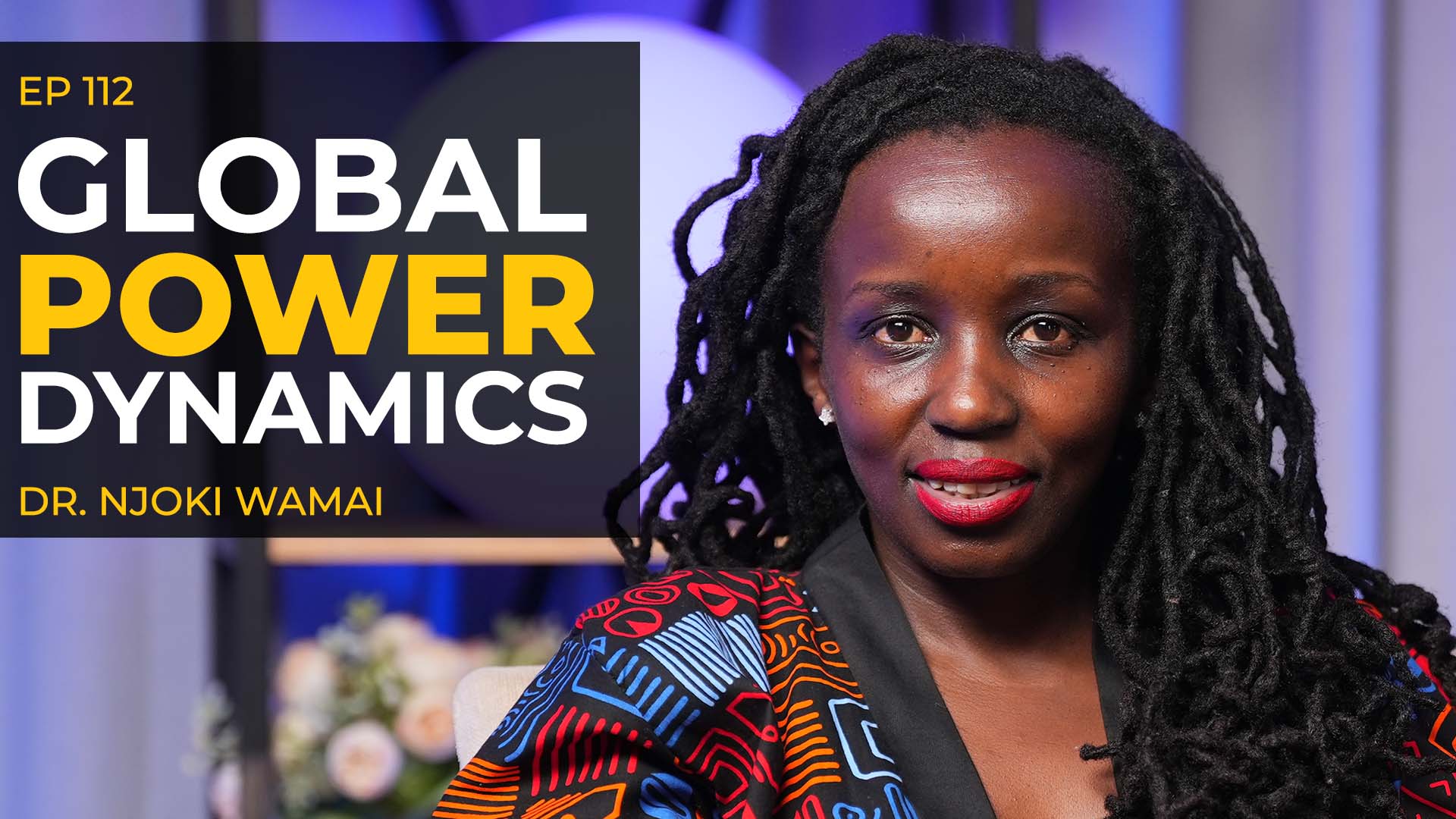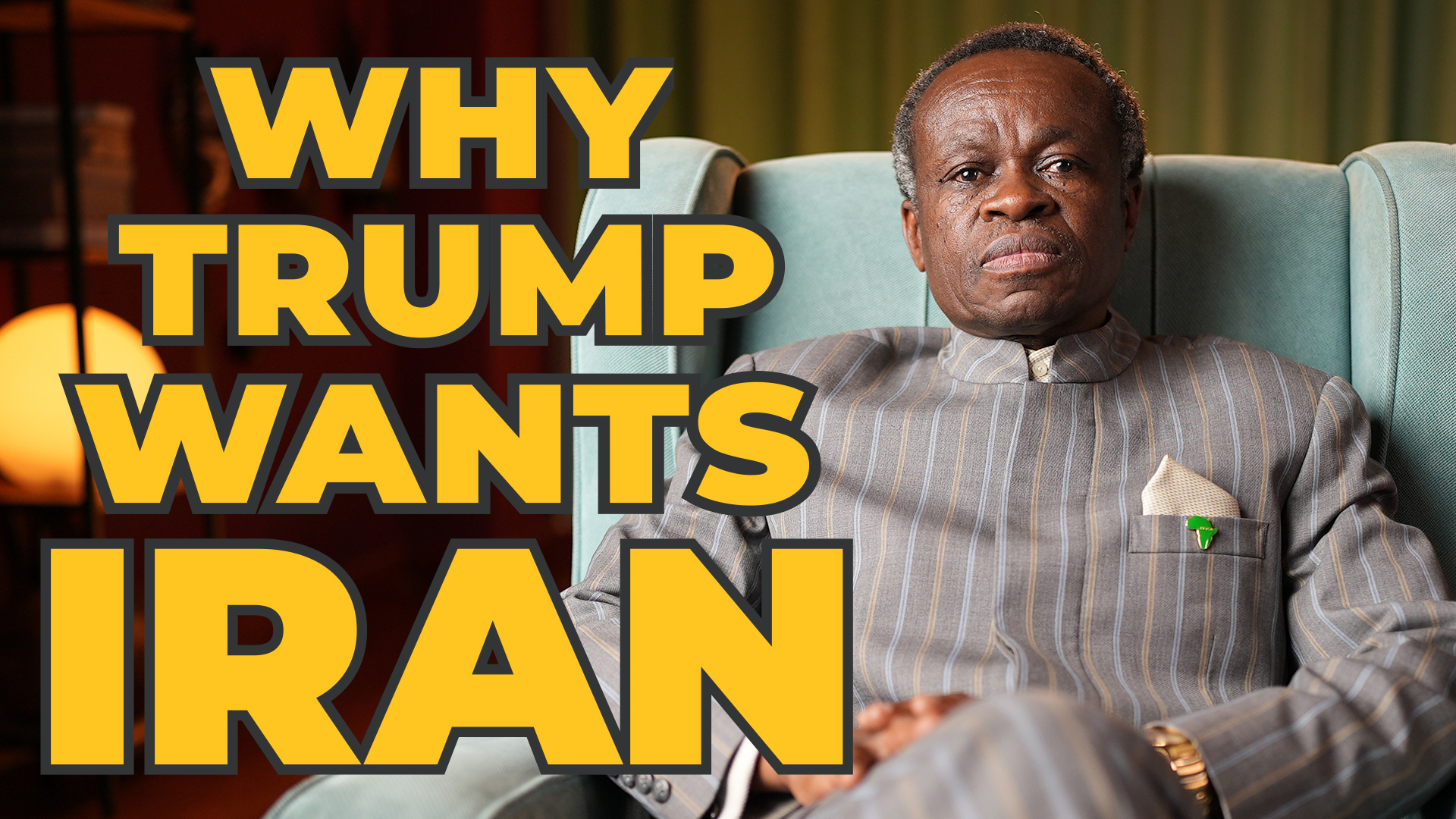In a recent announcement, President Donald Trump revealed that Ukrainian President Volodymyr Zelenskyy has expressed his readiness to engage in peace negotiations with Russia. This development comes on the heels of previous unsuccessful attempts at brokering a ceasefire in the ongoing conflict, which has persisted since 2022.
The Context
The war between Russia and Ukraine has escalated into one of the most significant geopolitical crises in recent history. With countless lives lost and millions displaced, the urgency for a peaceful resolution has never been more critical. Trump’s assertion of Zelenskyy’s willingness to negotiate offers a glimmer of hope amid a prolonged standoff.
However, this optimism is tempered by the complexities of international relations. The involvement of major powers like the United States and European nations adds layers to the negotiation process. Notably, UK Prime Minister Keir Starmer and French President Emmanuel Macron have signaled their readiness to send troops as peacekeeping forces should a deal be reached. This commitment from European leaders reflects a robust support system for Ukraine but also raises concerns about escalating tensions with Russia.
Russia’s Position
Russia has firmly opposed any deployment of European peacekeepers, viewing it as an infringement on its influence in the region. This resistance underscores the fragile nature of potential peace talks; any agreement must carefully navigate the interests and security concerns of all involved parties.
What Lies Ahead?
As Lumumba articulates, the path forward remains uncertain. Here are several key expectations:
1. Continued Diplomacy: For peace talks to gain traction, sustained diplomatic efforts will be crucial. Neutral mediation may be required to bridge the gap between conflicting interests.
2. International Cooperation: Should negotiations advance, cooperation among NATO allies and European nations will be vital in ensuring the security framework agreed upon is respected by all sides.
3. Domestic Pressures: Both Trump and Zelenskyy face domestic pressures that could influence their negotiation stances. Public sentiment and political opposition can impact their ability to make concessions.
4. Risk of Escalation: Without careful navigation, the situation could further escalate, raising fears of a broader conflict akin to World War III. Global leaders must tread cautiously to prevent miscalculations.
5. Humanitarian Considerations: Any peace agreement must address humanitarian issues, ensuring aid and support for affected civilians as part of rebuilding efforts.
Conclusion
While the prospect of peace negotiations between Trump and Zelenskyy represents a potential turning point in the Russia-Ukraine conflict, numerous hurdles remain. The stakes are high, and the outcome will depend on the willingness of all parties to compromise and work towards a sustainable solution. As we monitor these developments, the international community must remain vigilant to ensure that diplomacy prevails over escalation.
#lumumbaexplains #plolumumba #Trump #Zelensky #NATO #Europe #KeirStarmer #Macron #Russia #Ukraine #RussiaUkraineWar #USA





Leave a Reply